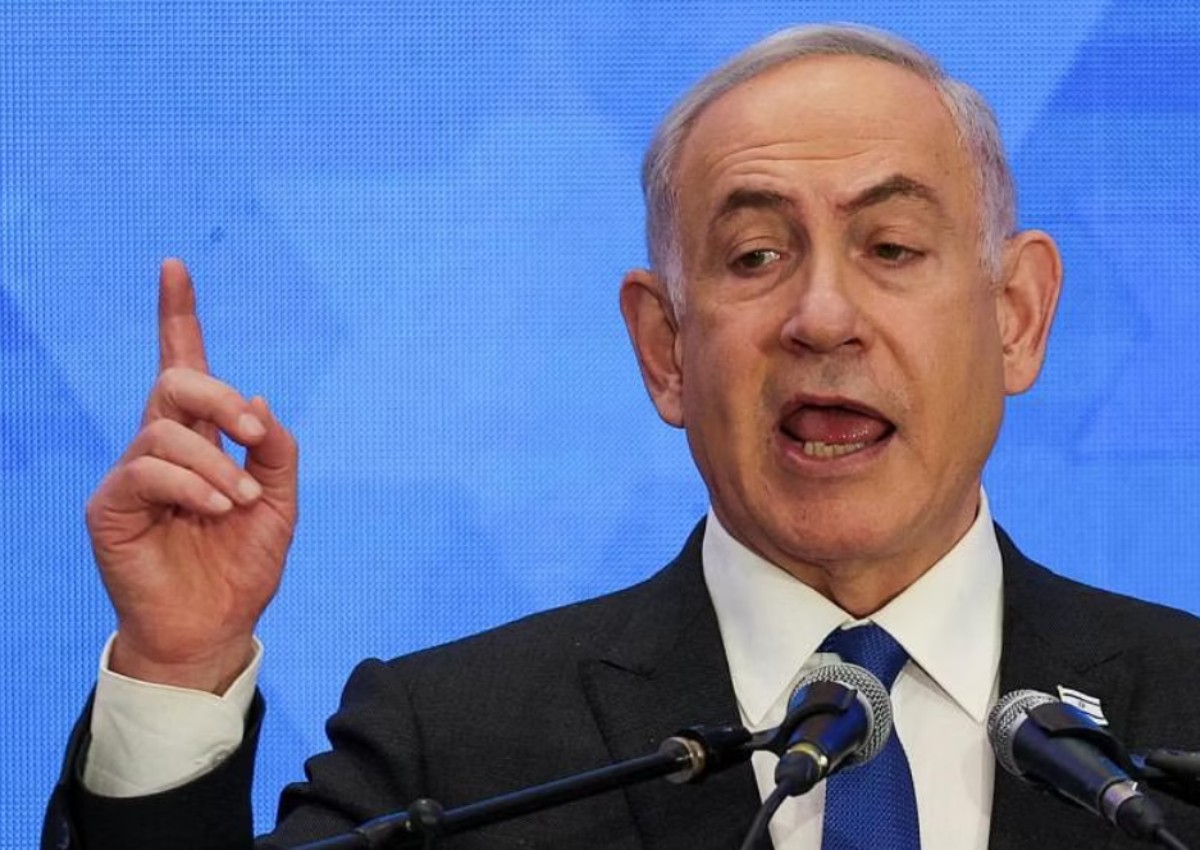In a world fraught with conflict and division, the teachings of the Bahá’í faith emerge as a profound beacon of hope, illuminating pathways towards peace that transcend the turbulence of human discord. The essence of these teachings is not merely to respond to invasions—in the political or ideological sense—but to cultivate a global ethos that champions unity amidst diversity. The Bahá’í perspective encourages humanity to view peace as a collective responsibility, one that necessitates mutual engagement and an earnest commitment to understanding. As such, this article endeavors to explore the multifaceted principles within Bahá’í teachings that can guide the world in standing firm for peace in the face of invasions.
1. Understanding the Oneness of Humanity
A cornerstone of Bahá’í belief is the principle of the oneness of humanity. This worldview compels individuals to see beyond ethnic, national, and religious distinctions, understanding that all people are interconnected. The metaphor of a vast, intricate tapestry comes to mind, where each thread, although unique in color and texture, contributes to the beauty of the whole. In this light, a response to invasions must begin with the recognition that any attack on one group is an affront to all. By fostering an appreciation for diversity, we can create communities resilient against the divisive elements that fuel conflict.
2. The Power of Dialogue and Consultation
Central to Bahá’í teachings is the practice of consultation, which emphasizes the importance of open dialogue in resolving disputes. Unlike mere argumentation, consultation embodies a spirit of collective endeavor, where each voice is valued and considered. Through a deliberative process, communities can forge agreements that lead to constructive resolutions rather than exacerbating divisions. By likening this process to a symphony, where the harmonious blending of varied instruments creates a masterpiece, we realize that thoughtful conversation can yield outcomes that honor all perspectives involved.
3. Justice as a Foundational Principle
The Bahá’í principles regarding justice are compelling. Justice serves as both a means and an end—a dynamic force that propels societies toward equity and fairness. In times of invasion, the absence of justice often precipitates further conflict. As such, the Bahá’í imperative is to call for a just response that addresses not only the symptoms of invasion but also the underlying causes. When we envision justice as a fortress—fortified by truth and integrity—we build a bastion strong enough to withstand the chaos that pervades divisive actions.
4. The Role of Spirituality in Conflict Resolution
Inherent in the Bahá’í teachings is the understanding that spirituality can fuel the engines of social change. It is not merely through political or military means that invasions can be resolved; rather, a deep spiritual commitment to peace acts as an antidote to violence. Engage with the idea of a garden—each spiritual effort is akin to planting seeds that, when nurtured through loving-kindness and compassion, bloom into lasting peace. By prioritizing spiritual growth, individuals and communities can cultivate a landscape where reconciliation flourishes over resentment.
5. Education as a Pillar of Peace
The Bahá’í faith places significant emphasis on education as a transformative force. An educated populace is equipped to challenge the narratives that incite hatred and division. Just as light dispels darkness, education illuminates the misconceptions that underlie many conflicts. Encouraging a comprehensive understanding of global perspectives not only fosters tolerance but also incites action toward collaborative efforts in peacebuilding. The metaphor of a lighthouse can aptly represent education’s role: guiding boats away from tumultuous waters and towards the safe harbor of understanding and coexistence.
6. Global Governance and Collective Security
The Bahá’í teachings advocate for the establishment of an overarching system of global governance that prioritizes peace and security for all. When nations unite under the umbrella of collective responsibility, they transcend isolationist tendencies that can lead to invasion. A world governed by shared values can be likened to a team working toward a common objective—each member’s success contributes to the overall triumph. By viewing global governance through this lens, we can inspire collaborative initiatives that mitigate the potential for conflict.
7. The Necessity of Forgiveness
Forgiveness, a tenet deeply embedded in Bahá’í philosophy, serves as a healing balm for the wounds inflicted by conflict. It implores individuals to release the shackles of resentment and vengeance, advocating for a future where reconciliation can take root. Envision forgiveness as a river, flowing through the arid landscapes of bitterness and animosity, creating pathways for restoration and harmony. In the aftermath of invasions, embracing forgiveness becomes essential in rebuilding relationships and fostering understanding.
8. Hope as a Catalyst for Change
Finally, the Bahá’í faith instills a sense of hope as a powerful motivator for action. In times of adversity, hope serves as the compass that guides humanity toward a brighter, more unified future. The metaphor of a phoenix rising from the ashes epitomizes the ability of communities to rebuild and renew themselves after experiences of invasion. Hope nurtures resilience—a vital trait in the pursuit of lasting peace. It reminds us of the potential for transformation inherent in every human heart.
In conclusion, responding to invasions through the lens of Bahá’í teachings requires a multifaceted approach that embraces the oneness of humanity, justice, dialogue, spirituality, and education. These principles, woven together, form a comprehensive strategy that can lead to a world where peace not only flourishes but is also sustained. As humanity embarks on its journey towards collective healing, it becomes evident that the teachings of the Bahá’í faith illuminate pathways toward peace that are as diverse and intricate as the tapestry of human experience itself.
